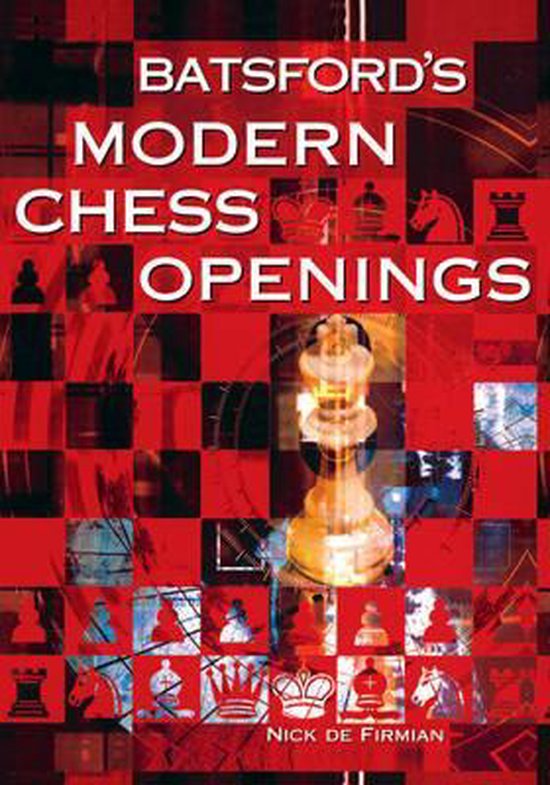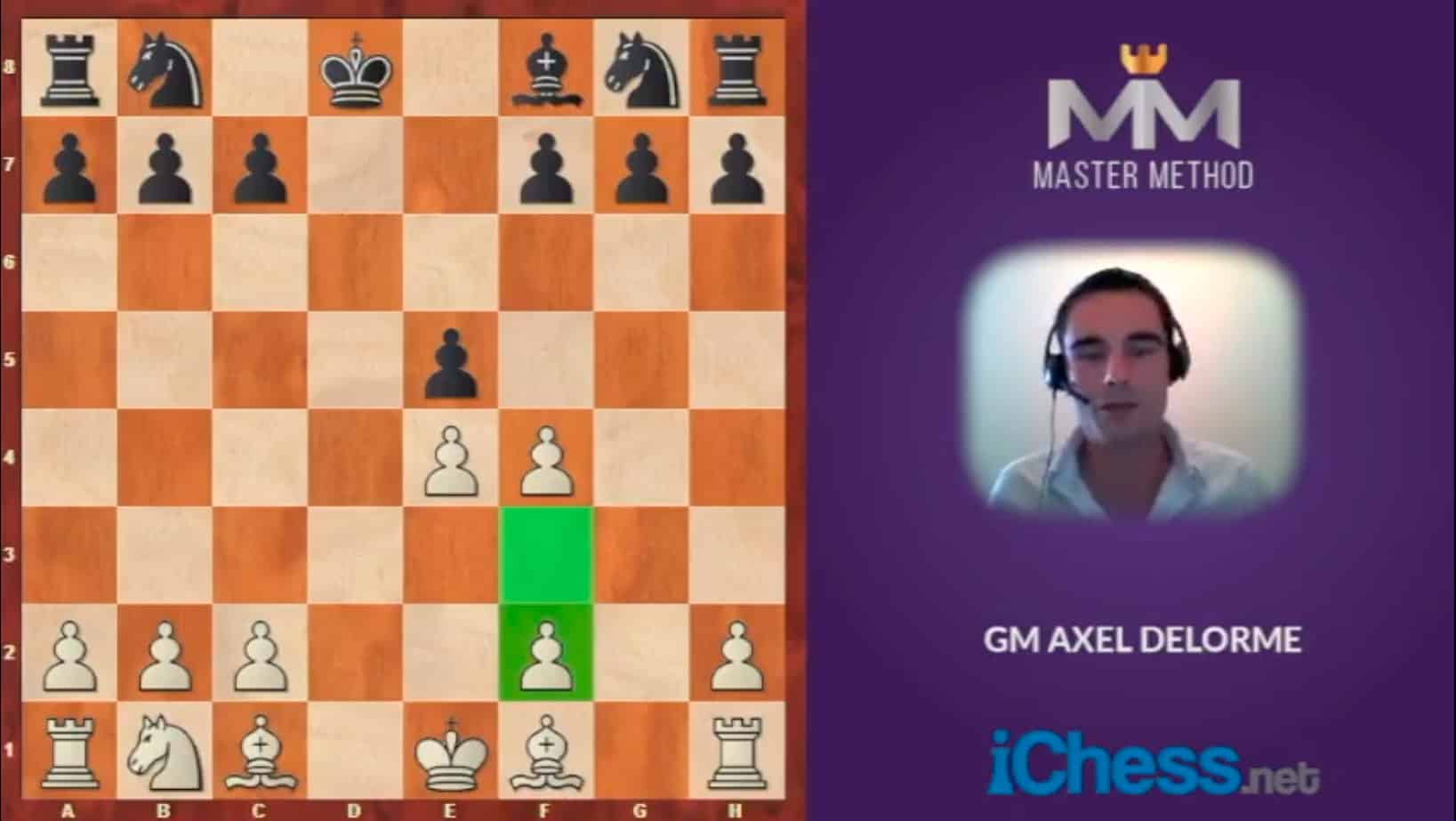
Modern games theory is driven by artificial intelligence. The reason for older games is they are driven by human understanding of grandmasters. It has NOTHING to do with learning Dragon theory or French theory. Opening Concepts, not opening theory, is understanding things like gaining space in the center, control central squares, develop your minor pieces first, keep the Queen back until later, get castled, connect Rooks, do not move the same piece multiple times unless attacked, etc. Opening concepts are important to a beginner. Far smaller and covers far less.ġ) I never said study openings. That said, watered down does not mean modern or ancient. Some ECO editions have not been updated in 2 decades. MCO 15 came out within the last 5 to 10 years.

No, your responses are so wrong in so many ways it is absolutely pathetic!ĮCO B has been updated recently, the rest have not. ++ Agree, but play first and study afterwards. This means you should be able to explain in words to someone why a move is a good move or a bad one." You should be STUDYING the 3 openings, NOT MEMORIZING them. Note, just because a move is not mentioned in the book does not make it a mistake. "Step 7 - Play the openings in your games and look for mistakes by both you and your opponent. Also in a year you can make more progress by training tactics and study endgames than from opening study. Just play games and look up in a data base after the game. "Step 6 - Study the 3 books thoroughly - it should take you at least a year to complete all 3 books." ++ Yes, and burn all other opening books as well. The best contemporary resource are databases with grandmaster games. Many opening books contain huge mistakes. Opening books are obsolete while being printed. ++ That is right and also the priorities are right: first 1, then 2, then 3 not the other way around.Ĭ) A book on your chosen defense against d4" 3) Whether to play 1.e4 or 1.d4 as White." "Step 3 - Determine 3 things from number 2. ++ It is often better to chose an opening that is not mainstream, as opponents are prepared for mainstream. You should have at least 30 games in this column before determining which openings are frequent there." Observe which openings are showing up a lot in the column of games that made the most sense to you. Note games where you saw the plan before it happened and those where many moves did not make sense. "Step 2) When studying the master games, pay very close attention to which games made more sense while studying. The games of the Yekaterinburg Candidates' Tournament are highly recommended. Study of annotated grandmaster games is a good way to study opening, middle game and endgame alike.

All opening study is useless if you cannot convert a massive opening advantage of +1 pawn in the endgame. All opening study is useless if you later lose a piece due to middle game tactics. ++ Priority: tactics > endgames > openings. "Step 1) Get to 1600+ via studying endgames, middlegames, opening concepts, and GM games from before the computer era (pre-1980)" ++ It is rather the other way around: ECO is a more modern version of MCO "Modern Chess Openings is a horrible source. This means you should be able to explain in words to someone why a move is a good move or a bad one.įor instance, if you claim to know the French, but after 1.e4 e6 2.d4 d5 3.e5 c5 4.c3 Nc6 5.Nf3 Qb6 6.b3, you are unable to explain why 6.b3 is a bad move, then you do not understand the French Defense. Step 7 - Play the openings in your games and look for mistakes by both you and your opponent. Step 6 - Study the 3 books thoroughly - it should take you at least a year to complete all 3 books. 3) Whether to play 1.e4 or 1.d4 as White.Ī) A repertoire book for White based on the chosen first moveī) A book on your chosen defense against e4Ĭ) A book on your chosen defense against d4

Step 3 - Determine 3 things from number 2. You should have at least 30 games in this column before determining which openings are frequent there. Step 2) When studying the master games, pay very close attention to which games made more sense while studying.

Step 1) Get to 1600+ via studying endgames, middlegames, opening concepts, and GM games from before the computer era (pre-1980) Modern Chess Openings is a horrible source.


 0 kommentar(er)
0 kommentar(er)
